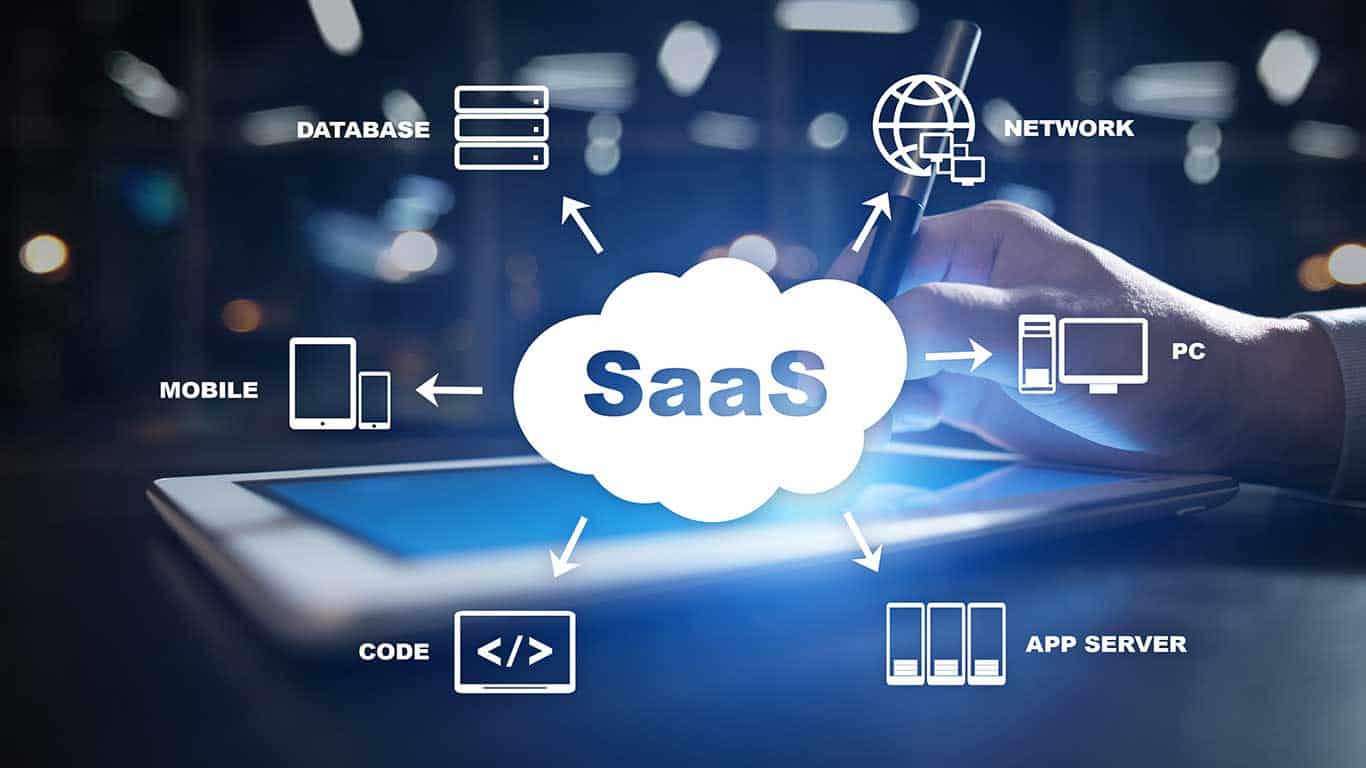The education system has come a long way since its inception, evolving with the changing times and advancements in technology. In recent years, the integration of intelligent tutoring systems (ITS) has sparked a revolution in the way students learn and teachers instruct. These cutting-edge systems have the potential to transform traditional education methods and provide personalized learning experiences like never before. Imagine a world where every student has access to an intelligent tutor, a digital companion that adapts to their unique learning style, pace, and needs. Gone are the days of one-size-fits-all instruction, where students either struggle to keep up or feel bored and unchallenged. With intelligent tutoring systems, the future of education is poised to become more inclusive, engaging, and effective. Intelligent tutoring systems leverage the power of artificial intelligence (AI) to assess students’ knowledge, identify their strengths and weaknesses, and deliver tailored instruction accordingly. By analyzing vast amounts of data and employing sophisticated algorithms, these systems can provide targeted feedback, scaffold learning, and even predict students’ future performance. The ability to adapt to individual students’ needs not only boosts their academic achievements but also enhances their overall learning experience.
The Evolution of Education: From Traditional Methods to Intelligent Tutoring Systems
Education has always been a fundamental aspect of human society, but the methods and approaches to teaching and learning have evolved significantly over time. In the past, education was primarily delivered through traditional methods such as lectures, textbooks, and exams. While these methods have served us well for centuries, they often lack personalization and fail to cater to the individual needs of students.
However, with the advent of intelligent tutoring systems (ITS), a new era in education has begun. These advanced systems combine the power of artificial intelligence (AI) with educational content to provide personalized learning experiences for students. By analyzing data on students’ performance and understanding their unique learning styles, ITS can adapt instruction to meet their specific needs.
Understanding Intelligent Tutoring Systems and Their Impact on Learning
Intelligent tutoring systems are computer-based programs that provide individualized instruction to students. They use AI algorithms to assess students’ knowledge, identify areas where they need improvement, and deliver targeted feedback. Unlike traditional teaching methods, ITS can adapt their instruction in real-time based on each student’s progress.
The impact of intelligent tutoring systems on learning is profound. Research has shown that these systems can significantly improve student outcomes by providing personalized instruction tailored to their strengths and weaknesses. Students who use ITS often show higher levels of engagement, motivation, and retention compared to those who rely solely on traditional teaching methods.
Personalized Learning: How Intelligent Tutoring Systems Adapt to Individual Student Needs
One of the key advantages of intelligent tutoring systems is their ability to adapt instruction based on each student’s unique needs. These systems collect data on students’ performance and use AI algorithms to analyze this information in real-time. By understanding how each student learns best, ITS can deliver personalized instruction that is tailored to their individual needs.
For example, if a student is struggling with a particular concept, the ITS can provide additional practice exercises or offer alternative explanations until the student demonstrates understanding. On the other hand, if a student has already mastered a concept, the system can provide more challenging tasks to keep them engaged and motivated.
Harnessing the Power of Artificial Intelligence in Education
Artificial intelligence plays a crucial role in intelligent tutoring systems. By leveraging AI algorithms, these systems can analyze vast amounts of data and make predictions about students’ future performance. This allows teachers and educators to identify potential areas of improvement and intervene early to prevent learning gaps from forming.
Additionally, AI-powered ITS can provide immediate feedback to students, helping them understand their mistakes and guiding them towards the correct solution. This real-time feedback not only enhances learning but also promotes metacognition – the ability to reflect on one’s own thinking processes – which is an essential skill for lifelong learning.
The Benefits of Intelligent Tutoring Systems for Students
The benefits of intelligent tutoring systems for students are numerous. Firstly, these systems provide personalized instruction that caters to each student’s unique needs and learning style. This ensures that students receive instruction at their own pace and are not left behind or held back by their peers.
Secondly, intelligent tutoring systems promote active engagement by providing interactive learning experiences. Students can actively participate in the learning process through simulations, virtual experiments, and problem-solving activities. This hands-on approach fosters critical thinking skills and encourages students to become active learners rather than passive recipients of information.
The Role of Teachers in the Era of Intelligent Tutoring Systems
While intelligent tutoring systems offer many benefits for students, they do not replace teachers entirely. Instead, they complement the role of teachers and provide them with valuable insights into each student’s progress and learning needs. Teachers can use this information to tailor their instruction further and provide targeted support to students.
Furthermore, teachers play a crucial role in guiding students’ learning journeys and helping them make connections between different concepts. They can also provide emotional support, motivation, and mentorship – aspects that intelligent tutoring systems cannot fully replicate.
Addressing Potential Challenges and Concerns with Intelligent Tutoring Systems
As with any technological innovation, there are potential challenges and concerns associated with intelligent tutoring systems. One concern is the potential for overreliance on technology, which may lead to a lack of human interaction and socialization among students.
Another challenge is ensuring equitable access to intelligent tutoring systems for all students. While these systems have the potential to level the playing field by providing personalized instruction, not all schools or educational institutions may have the resources or infrastructure to implement them effectively.
The Future of Education: Transforming Learning with Intelligent Tutoring Systems
The future of education lies in the integration of intelligent tutoring systems into mainstream teaching practices. As technology continues to advance, these systems will become more sophisticated, offering even greater personalization and adaptability.
In the future, we can expect intelligent tutoring systems to be seamlessly integrated into online learning platforms, virtual classrooms, and even physical classrooms. These systems will work hand-in-hand with teachers to create dynamic learning environments that cater to each student’s unique needs.
Implications for Educational Institutions and Policy Makers
The widespread adoption of intelligent tutoring systems has significant implications for educational institutions and policy makers. Schools will need to invest in technology infrastructure and professional development programs for teachers to effectively integrate these systems into their classrooms.
Policy makers will need to consider issues such as data privacy, security, and equitable access to ensure that intelligent tutoring systems benefit all students. They will also need to collaborate with educators and researchers to develop guidelines and best practices for the implementation of these systems.
Conclusion: Embracing the Revolution in Education
The integration of intelligent tutoring systems represents a revolution in education. These systems have the potential to transform traditional teaching methods and provide personalized learning experiences that cater to each student’s unique needs.
While there are challenges and concerns associated with these systems, the benefits they offer are undeniable. By harnessing the power of artificial intelligence, intelligent tutoring systems can revolutionize education and empower students to reach their full potential.


